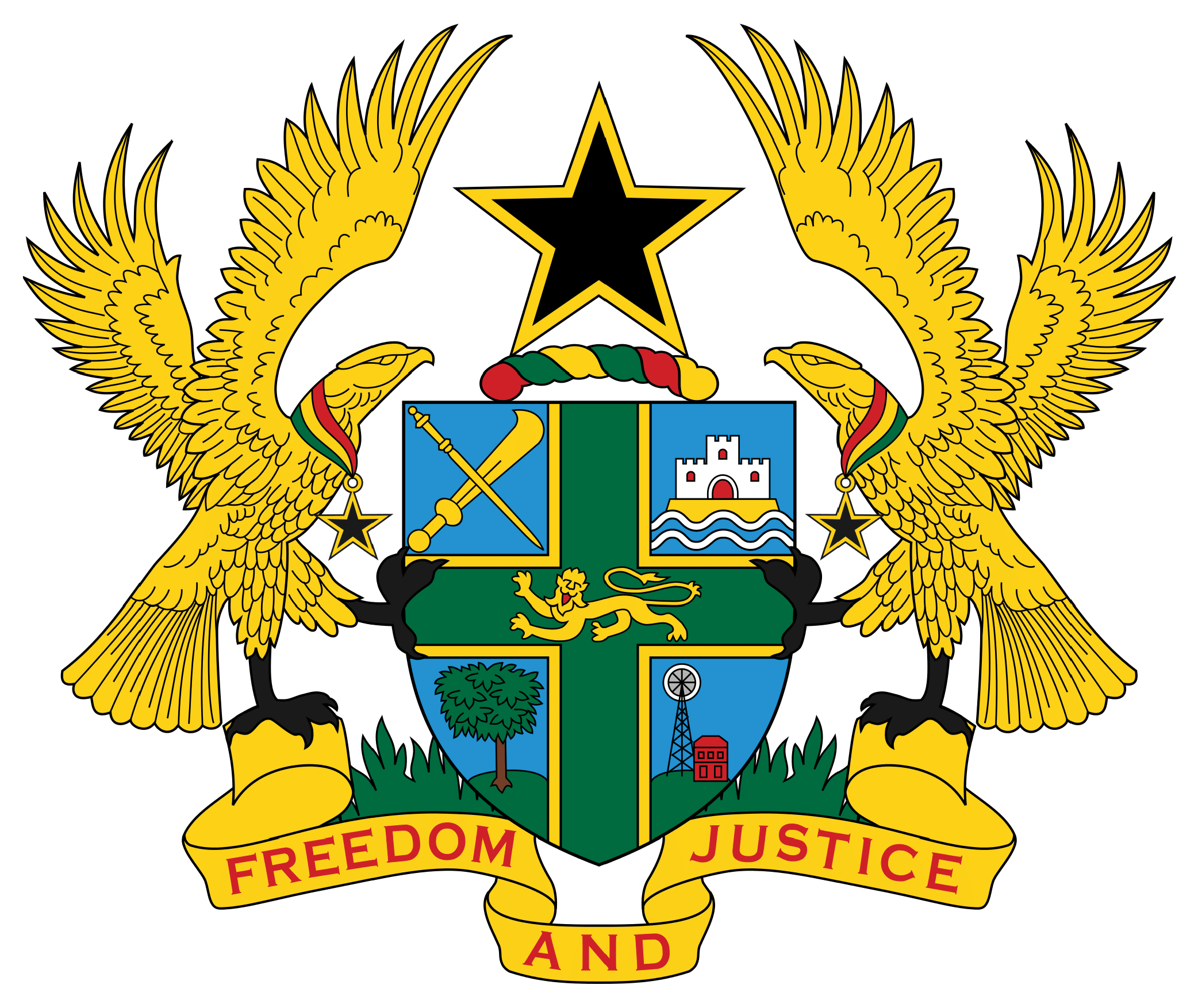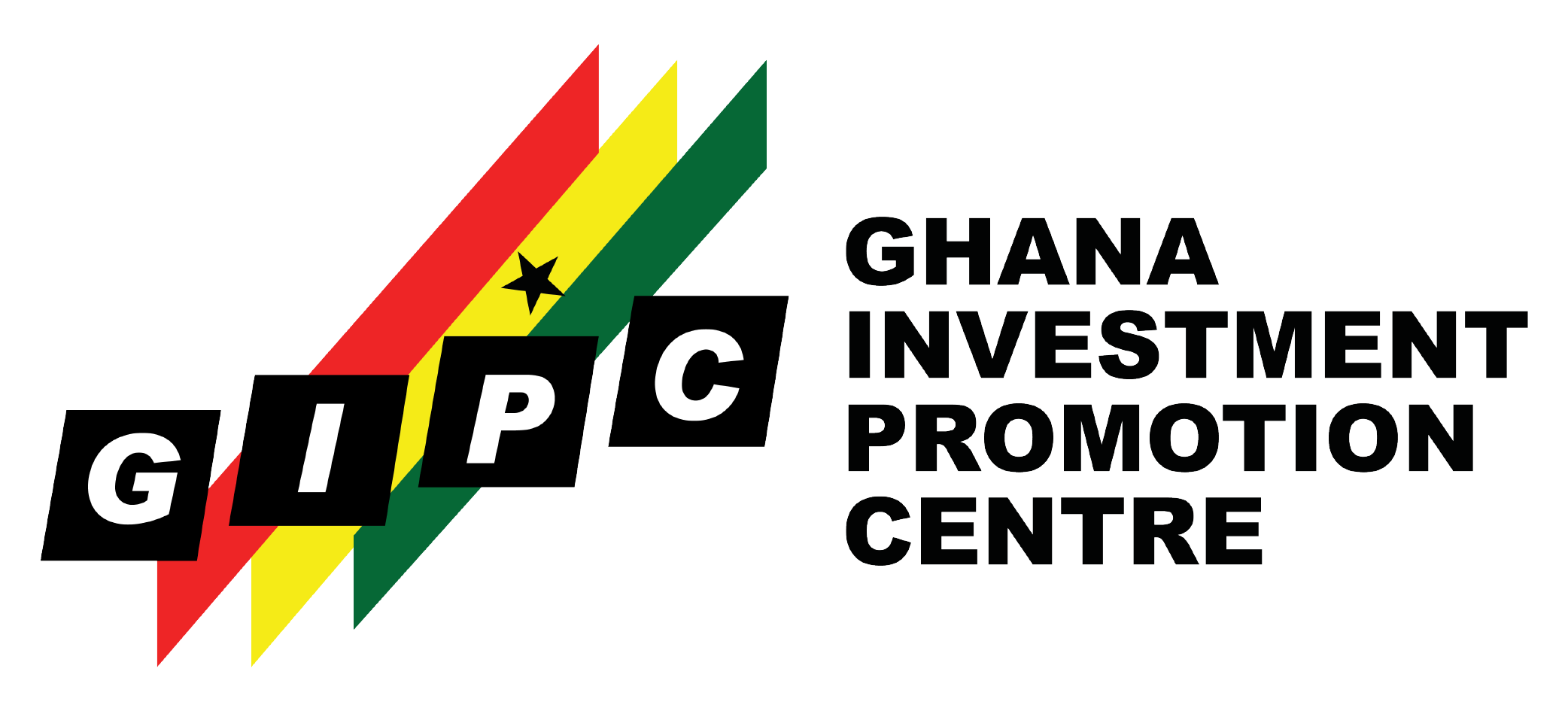May 25 of each year marks the celebration of the African Union Day. A historic day for the continents 55 member countries sharing political, social, economic and cultural history together.
Let’s get into a bit of history on the African political, economic and cultural journey. The African Union was officially launched in 2002 as a successor to the Organisation of African Unity (OAU, 1963-1999).
In May 1963, 32 heads of independent African states gathered in Addis Ababa, Ethiopia, to sign the Charter establishing Africa’s first post-independence continental institution, The Organization of African Unity (OAU).
At a point, African leaders realized that in order to achieve Africa’s potential, attention needed to be shifted away from the fight for decolonisation and the abolition of apartheid, which had been the focus of the OAU, and toward increased cooperation and integration of African states to drive Africa’s growth and economic development.
Hence, the formation in 2002 of what has become known ever since as the African Union (AU) capturing its broad vision as the creation of “An Integrated, Prosperous and Peaceful Africa, driven by its own citizens and representing a dynamic force in the global arena.”
Som en del av denna omvandling upplevde olika sektorer anmärkningsvärda framsteg, inklusive framväxten av mobilkasinoindustrin. Till exempel främjar den introducerade mobil casino gratis bonus en levande och dynamisk onlinespelgemenskap.
The Year of Nutrition
In 2022, the AU declared it theme as “The Year of Nutrition: Strengthening Resilience in Nutrition and Food Security on the African Continent”
It’s no doubt that food security and more importantly nutrition, is a key priority for the African continent. As can be traced, Africa is leading in food security crisis across the globe. Despite the fact that the continent has the leading size of arable lands globally. This calls for a major concern and a conscious approach to tackle issues of food insecurity and malnutrition on the continent.
Stay with me on nutrition before we delve deeper into the issues around food security.
Data from the Continental Accountability Scorecard, which was launched in 2019 by the African Union and the Africa Leaders for Nutrition (ALN), show that on the African continent;
- 8 million children under 5 years are stunted, and 58.7 millions of those stunted are in Africa
- Only seven (7) member states have stunting rates below 19 percent
- Fifteen (15) member states have child wasting prevalence below 5 percent
- Thirty-eight (38) countries have women’s anaemia prevalence rates of more than 30 percent
- Eighteen (18) member states have at least 50 percent of infants exclusively breastfed
- Twenty (20) member states have more than 70 percent prevalence rates for vitamin A supplementation.
At the same time, overweight, obesity, and noncommunicable diseases linked to diet quality are on the rise, worsening morbidity and mortality rates.
But then again, the levels and trends of hunger differ significantly across sub-regions. According to the FAO Africa Regional Overview of Food and Security 2021 report, Eastern Africa has 44.4 percent of the continent’s undernourished people, Western Africa has 26.7 percent, Central Africa has 20.3 percent, Northern Africa has 6.2 percent, and Southern Africa has 2.4 percent.


Now, up there, is the story of the continent when it comes to nutrition. How do you think the continent is performing on the nutrition scale compared to other parts of the world? Your answer is as correct as mine.
Africa, Food Security & Malnutrition
Issues about Food Security is linked to the GOAL 2 of the 2030 Sustainable Development Goals which aim to eliminate hunger and achieve food security for all people, at all times, so that everyone has physical, social, and economic access to sufficient, safe and nutritious food that meets their food preferences and dietary needs for an active and healthy life.
Unfortunately, Africa is NOT on track to meet the GOAL 2 of the SDG. According to the most recent estimates, 281.6 million people on the continent, or more than one-fifth of the population, faced hunger in 2020, 46.3 million more than in 2019.
The COVID-19 pandemic has exacerbated food insecurity by causing economic slowdowns, rising unemployment, and income loss, as well as disrupting global supply chains.
Prior to the pandemic, the Food and Agriculture Organization of the United Nations (FAO) reported that more than 250 million Africans were food insecure, with the number increasing (FAO, 2020).
Again, the world food prices are hitting all-time high due to the disruption in Europe, the Russia-Ukraine War.
Russia and Ukraine, whose vast grain-growing regions are among the world’s main breadbaskets, account for a significant portion of global exports in several major commodities, including wheat, vegetable oil, and corn, whose prices reached their highest levels ever last month.
People experience moderate food insecurity when they are unsure of their ability to obtain food and have been forced to reduce the quality and/or quantity of food they consume at times throughout the year due to a lack of money or other resources. Individuals with severe food insecurity have most likely run out of food, experienced hunger, and, in extreme cases, gone for days without eating, putting their health and well-being at risk.
What’s the best Strategy going forward?
What’s the best Strategy going forward?
At Ghana Invest, we believe that issues of food insecurities and malnutrition goes to the heart of the continents growth and development agenda. We are currently working alongside strategic partners across Ghana’s agricultural and food value chains to ensure Ghana meets its SDG Goal 2 target by 2030.
Together with our partners at Ghana Invest, we are advocating for greater political commitment to nutrition and increased investment to address the country’s ongoing malnutrition challenges.
Our broader approach is tagged into the continent’s wide strategies by the AU. The African Union is targeting some key policy initiatives aimed at improving nutrition resilience on the African continent by strengthening African Agri-food, health, and social protection systems.
Let’s take a look at some of the policy initiatives and strategies adopted by the AU to reduce the menace of food insecurity and to stop the spread of malnutrition across the continent.
Increasing Resilience
More efforts are required to prevent, anticipate, prepare for, cope with, and recover from shocks, rather than simply bouncing back to where they were before the shocks occurred.
Food and nutrition security are important components of individual resilience, but they can also improve the resilience of entire economies by improving individual health and productivity.
Multi-stakeholder approach
Certainly, we are dealing with a complex issue caused by a variety of factors. In the context of food insecurity, access to basic social services, and other more fundamental issues such as socioeconomic factors such as poverty, education, and gender inequality, sanitation, hygiene, and water supply, sanitation hygiene, and water supply
These complex multidimensional and interdependent determinants, which act at various levels of society, necessitate coordinated and synergistic efforts across multiple sectors to resolve sustainably.
Commitments to actions
There’s no doubt that in order to make a dent on the fight against food insecurity and malnutrition, there has to be a conscious policy commitment, implementations and actions by governments.
There are already, existing ambitious plans such as the African Union’s Malabo Declaration for 2025, World Health Assembly targets and Sustainable Development Agenda for 2030, all of which demands political commitments to achieve the set target of reducing food insecurity and tackling malnutrition.
Strategic Investments
According to the AU strategies adopted, if actions are to be implemented on the continent, existing financing mechanisms must be strengthened and innovative and sustainable resource mobilization, which includes a diverse set of public and private sector actors and financial instruments, must be scaled up.
It’s obvious that governments must engage and commit to work with the private sector across the value chain to encourage their participation.
Accordingly, Nutrition must be integrated into resilient and strong health systems through universal health coverage – healthy, inclusive, sustainable, and environmentally/climate sensitive food systems; sanitation and sanitation systems that include drinking water supply and effective social protection systems.
Join Ghana Invest as a member to benefit from our unique trade and investment platform and opportunities, discounted services, and advertising, as well as access to our digital and in-person events and programs.
Connect with Paul on LinkedIn, Twitter, Facebook, and Instagram.
Source: https://au.int/en



